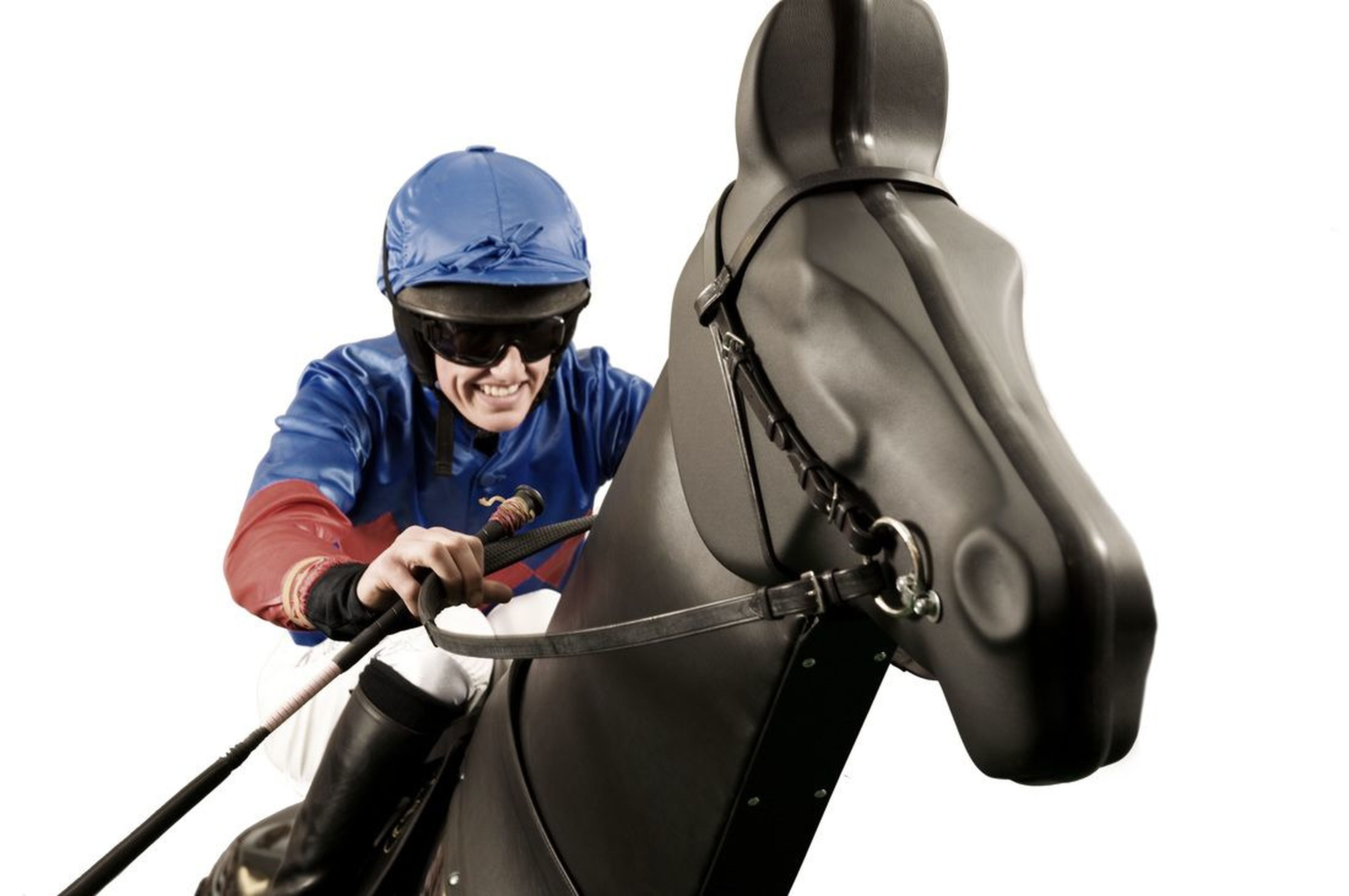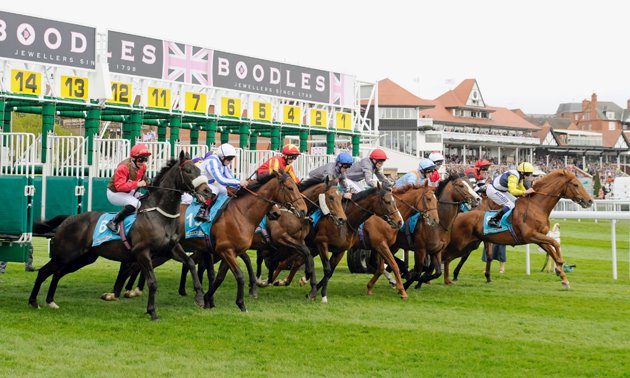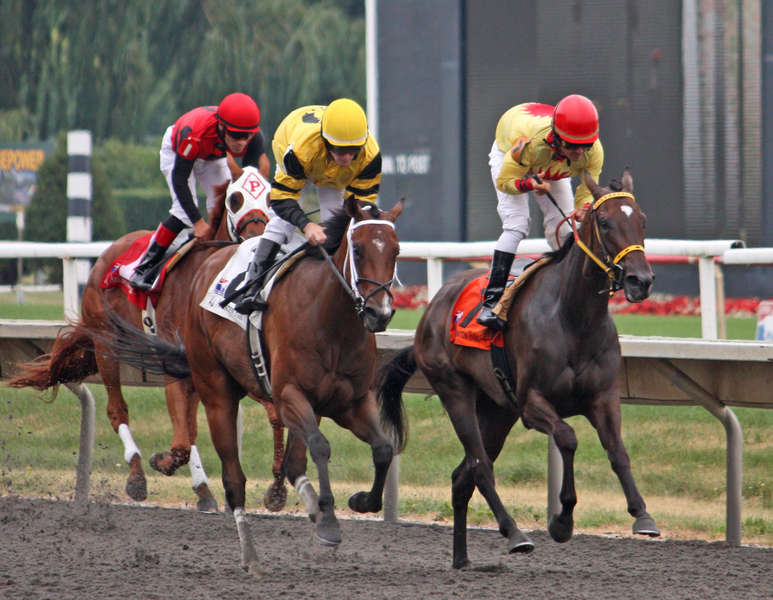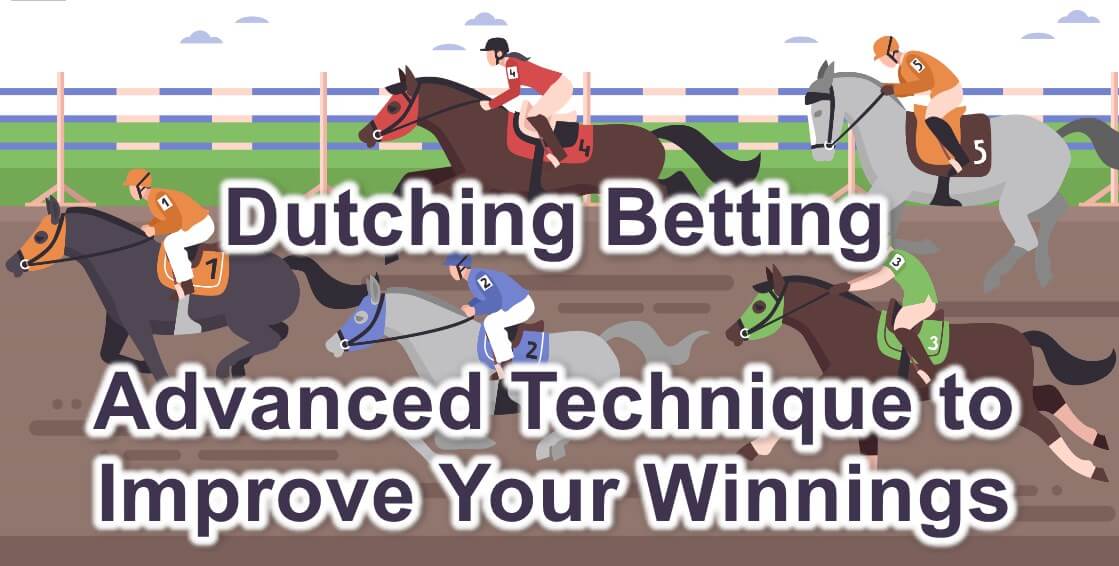Horse Racing Techniques


|
|
©2021 WinningPonies, Inc. All rights reserved. Terms and Conditions Privacy Policy |
| Home Blog RSS Sitemap |
| This product was created with data that was supplied by and is proprietary to Equibase Company LLC. All rights reserved. Reuse of this data is expressly prohibited. Data provided or compiled by Equibase Company LLC generally are accurate but errors and omissions occur as a result of incorrect data received from others, mistakes in processing and other causes. WinningPonies and Equibase Company LLC disclaim responsibility for the consequences, if any, of such errors, but would appreciate having any such errors called to their attention. |
| Horse Betting Tips Free Handicapping Cost Calculator Results Wager Types |
| Superfecta Betting Tips Latest News Horse Racing Tracks Horse Racing History |

Quarter Horse Racing Training Techniques

How To Predict Horse Racing

Horse Racing Training Techniques
Myracing is the home of horse racing tips and greyhound tips.Our experts fully research every race to give you the best tips, stats and trends for every race. We also have the latest horse racing tips from every racecourse and the best free bets to get you started. The Best, FREE Horse Racing Tips for every race FOREVER! Better than At The Races! No.1 Racing Tipster Service! Today's horse racing and tomorrow's racing tips will show no later than 7pm each day for UK & Irish Racing Our tipster's predictions and best tips are for every race, every day. Free Horse Racing Tips. Many out there are looking for free horse racing tips. But is there any value in that? Both yes and no. Actually, racing tips are not affected by whether they are free or not. However, free tips from big websites usually tend to be very popular. Which leads to the odds being destroyed.